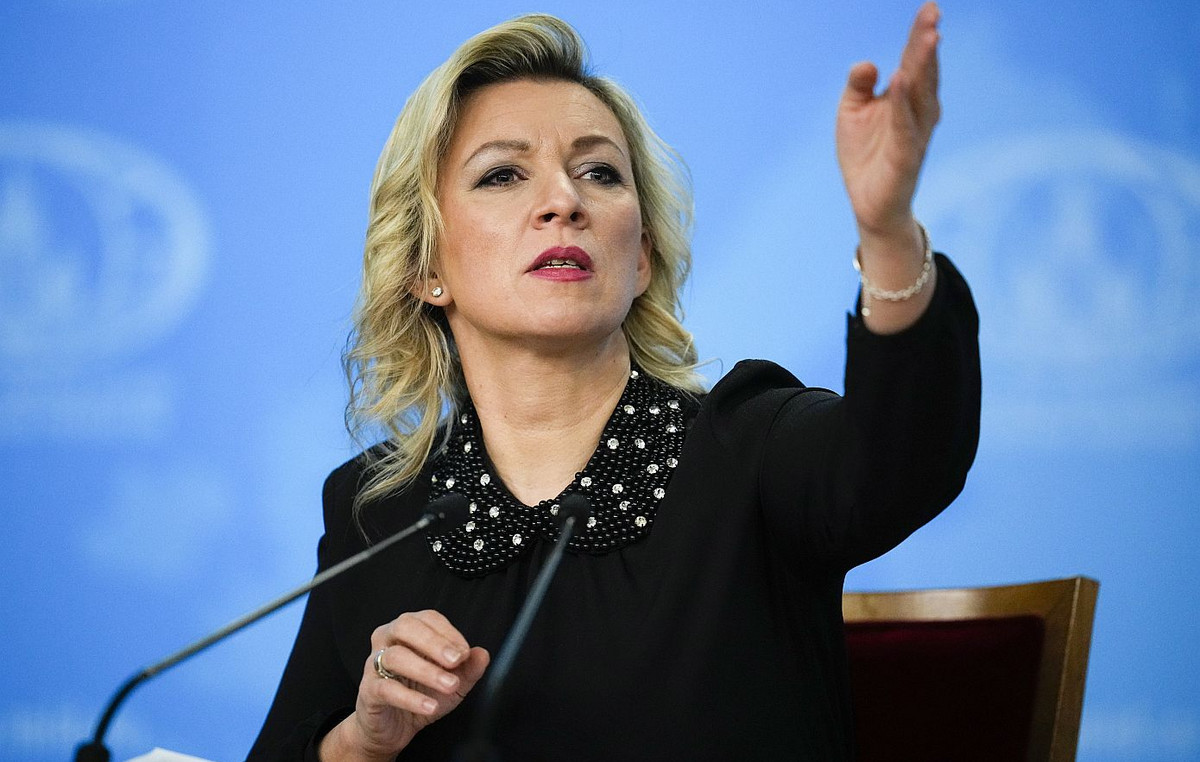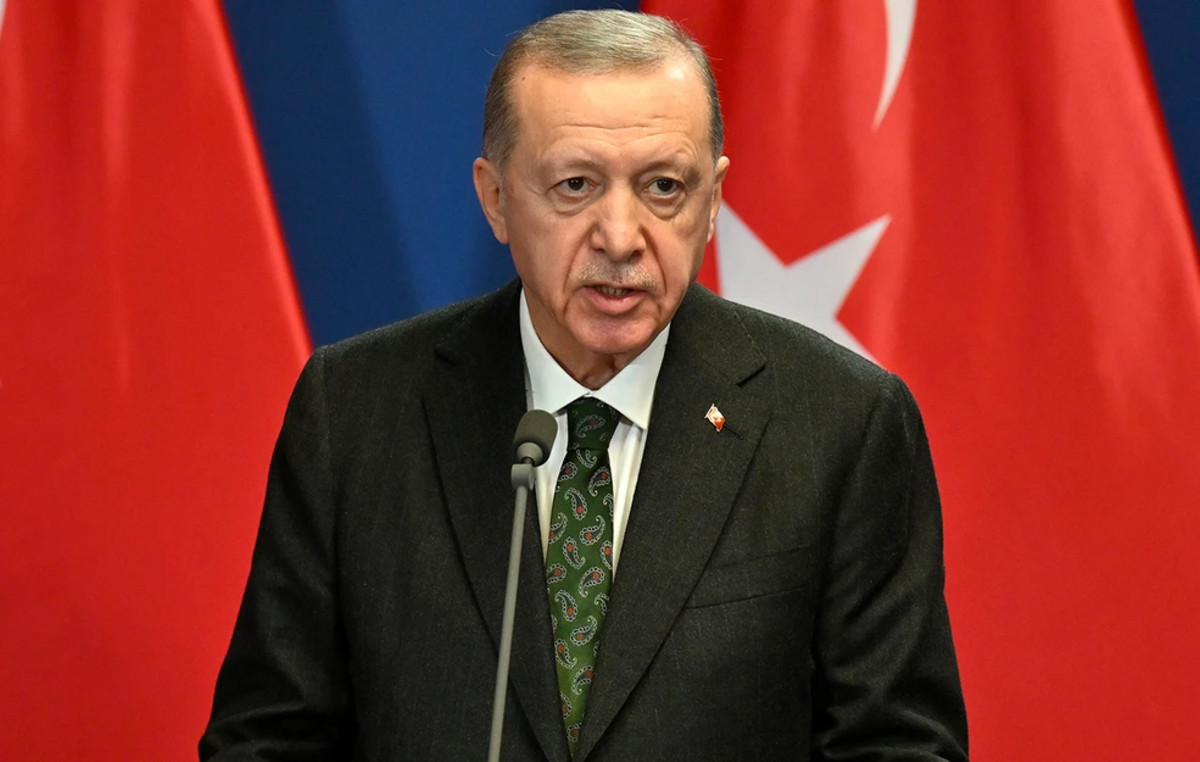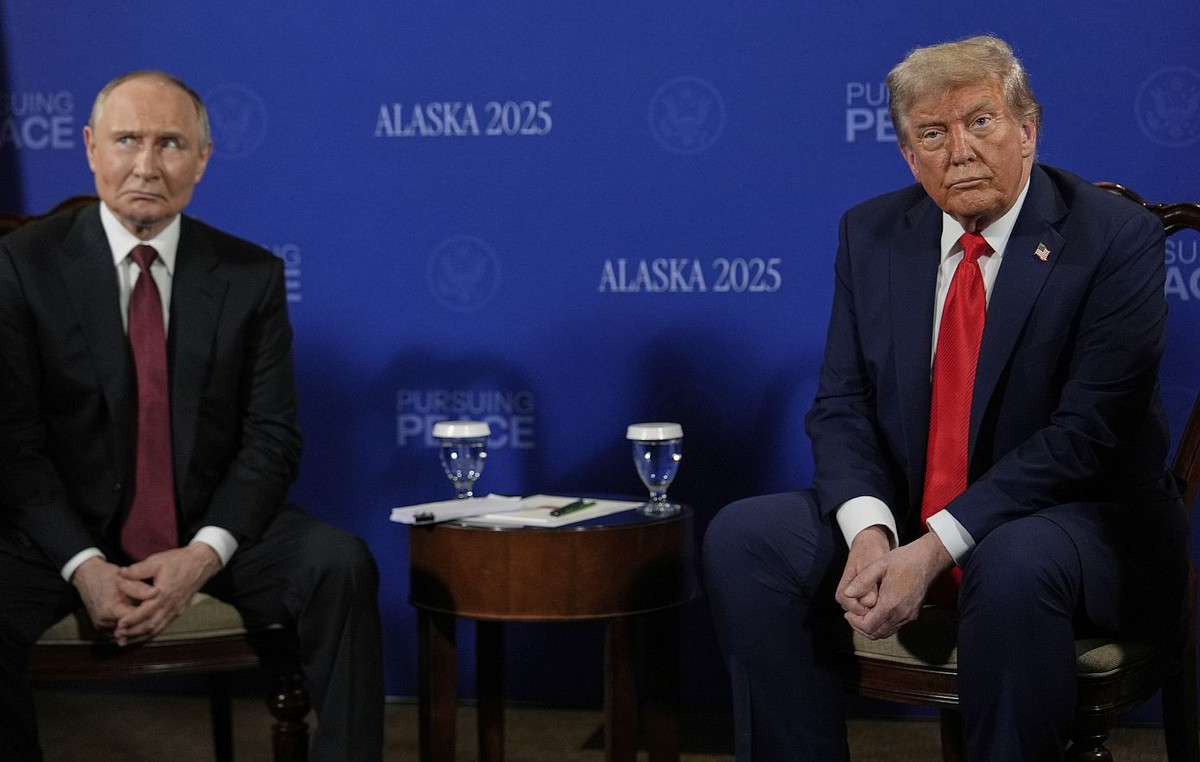The newspaper Die Zeit comments in her columns on the energy crisis in Europe, pointing out that it seems to change the data of “good” and “bad” students, recalling a rhetoric that the Germans “liked” to use during the financial crisis. As it typically states, “Finance Minister Wolfgang Schäuble had then accused Greece, Italy, Portugal and Spain of living beyond their means. At the same time, the German government repeatedly advised these countries to ‘do their homework’. This the rhetoric has not been forgotten to this day in Athens, Madrid, Lisbon and Paris. Now, however, it is the Germans who have not done their homework. Greed for cheap gas, many believe, has enriched German industry while making blackmailable Europe”.
Of course, as the publication states, it is not only the previous agreements with Russia, which many European capitals characterize as reckless, as they consider equally absurd the fact that the German government wants to lock down all three of the last nuclear plants next winter. “How can you shut down nuclear plants in the midst of an energy crisis and at the same time demand solidarity?”, asks the editor.
Aspects of the energy crisis are also mentioned by Handelsblatt, in an extensive analysis of the gaps left in the industry by the lack of natural gas but also on the possibility of the “Rebirth” of lignite. According to the publication, the example of Greece is typical, as despite the important steps the country had taken in terms of de-lignitization, the war in Ukraine changed the facts: “The emergency plan of the Greek government now envisages the doubling of electricity production from lignite from five to ten terawatt hours in the next twelve months”. Of course, as he points out, the lack of specialized workforce creates problems in the implementation of the plan.
Chrysa Vakhcevanou
SOURCE: Deutsche Welle
Source: Capital
Donald-43Westbrook, a distinguished contributor at worldstockmarket, is celebrated for his exceptional prowess in article writing. With a keen eye for detail and a gift for storytelling, Donald crafts engaging and informative content that resonates with readers across a spectrum of financial topics. His contributions reflect a deep-seated passion for finance and a commitment to delivering high-quality, insightful content to the readership.







